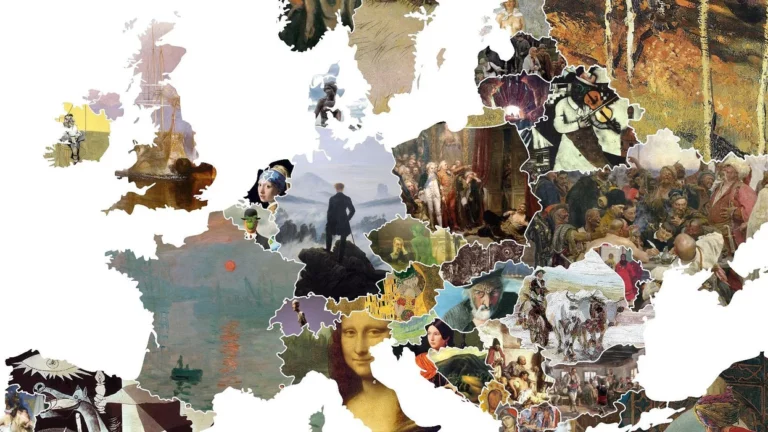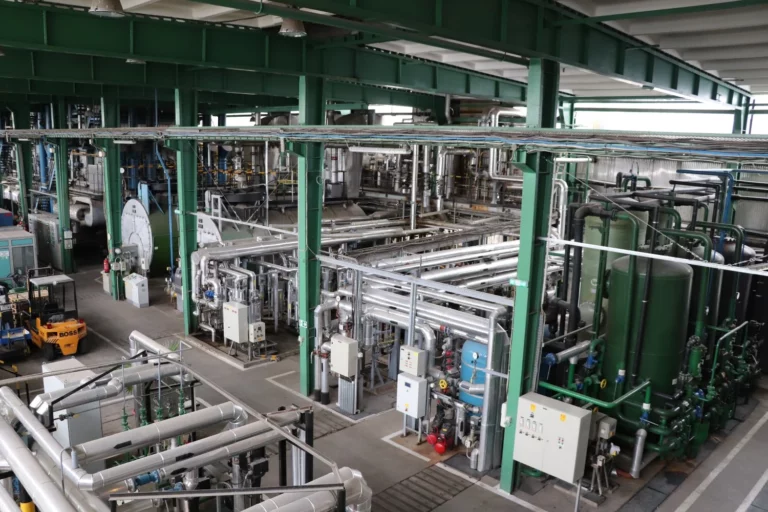Europe
Inflation in Hungary in 2023: the highest in Europe

Hungarian politician: EP vice-president’s behaviour “poisoning European cooperation”

RoadPol elects Hungarian officer head

Hungarian Foreign Minister: Brussels decisions hurt Europe energy security

Interesting maps of Hungary that give a new perspective — PART I

Hungarian President: Energy independence is Europe’s chief aim

The new Italian government might follow Viktor Orbán’s politics

Hungary’s Tokaj: the first official wine region in Europe

CoE commissioner calls on Hungary to refrain from arbitrary removal of refugees

Students attention! This is the monthly rent of a small flat now in Hungary

Hungary remains one of the cheapest energy markets in Europe

EU to take away Hungary’s gas if an energy crisis comes?

Raiffeisen: Hungary to be hit by a brutal recession

Will the Hungarian government give in to Brussels to save the forint?

Fidesz: Tying recovery funds to global minimum tax ‘unlawful’

Hungary and EU to receive monkeypox vaccine
Hungarian authority confirms local source of Belgian chocolate contamination

Hungary set to become regional defence industry hub in manufacturing, R+D





 ZH
ZH IT
IT DE
DE HR
HR NL
NL FR
FR JA
JA RO
RO RU
RU ES
ES TR
TR
